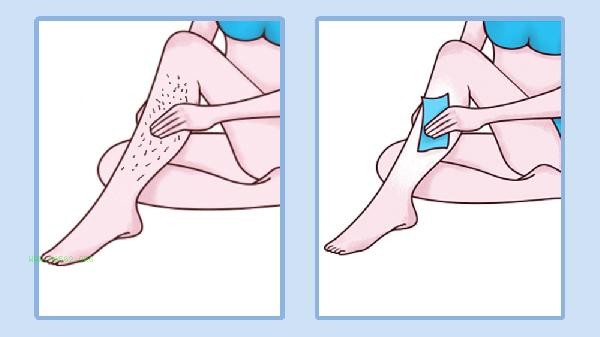The gross weight of the upper lip in 8-year-old girls may be related to genetic factors, abnormal hormone levels, drug effects, polycystic ovary syndrome, adrenal hyperplasia, and other reasons. It is recommended that parents take their children for timely medical examination and targeted treatment after identifying the cause.
1. Genetic factors
Heavy lip hair in some children is related to family inheritance, and parents with strong body hair may pass it on to their children. This condition belongs to physiological hirsutism and usually does not require special treatment. Parents can observe their children's growth and development, and if accompanied by other abnormal symptoms, seek medical attention to investigate pathological factors. Pay attention to keeping the skin clean in daily life and avoid using hair removal products to irritate delicate skin.
2. Abnormal hormone levels
Early secretion of androgens by the adrenal or ovarian glands during childhood may lead to increased body hair. May be related to factors such as exposure to hormone containing foods and premature development. Parents are advised to avoid giving their children supplements that may contain hormones and to regularly monitor bone age and hormone levels. If diagnosed with precocious puberty, medication such as triptorelin can be used under the guidance of a doctor to regulate hormones.
3. Drug effects
Long term use of glucocorticoids or exposure to drugs containing androgens may lead to hirsutism. Parents need to check their child's recent medication history and adjust the treatment plan under the guidance of a doctor if necessary. Common medications that may cause hirsutism include prednisone, danazol, etc., and symptoms can often be relieved after discontinuation.
4. Polycystic ovary syndrome [SEP]: Girls who experience this symptom before puberty should be alert to the possibility of polycystic ovary syndrome, which is usually accompanied by menstrual disorders, obesity, and other symptoms. Diagnosis can be confirmed through ultrasound examination and hormone testing. Treatment should be combined with lifestyle interventions, and drugs such as metformin, ethinylestradiol, and cyproterone should be used under the guidance of a doctor to regulate metabolism and hormone levels.
5. Adrenal hyperplasia








Comments (0)
Leave a Comment
No comments yet
Be the first to share your thoughts!